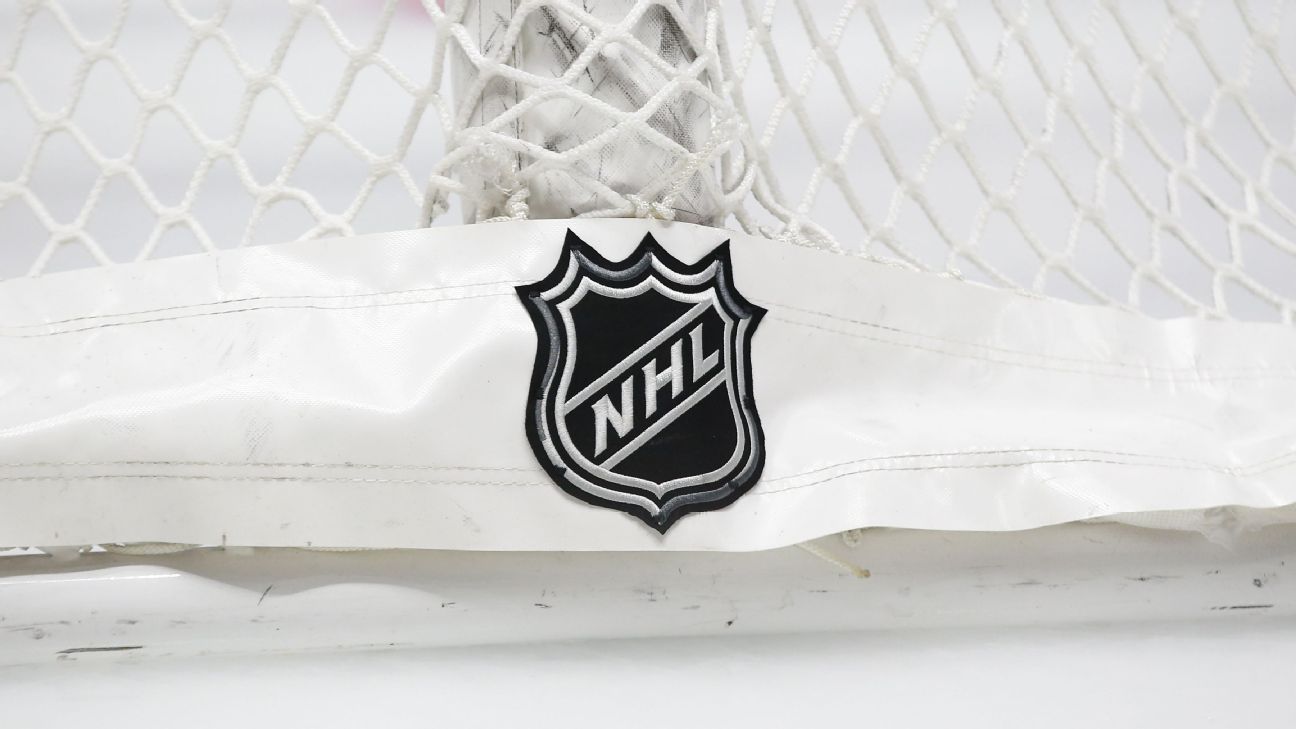NHL mulls rule changes, eyes more offense in OT
Written by I Dig Sports
TORONTO -- The NHL is considering rule changes to create more offense in overtime games.
At their meeting Tuesday in Toronto, the league's general managers discussed potential tweaks to the 3-on-3 overtime period. The NHL's current format sees teams tied after regulation play five minutes of 3-on-3 sudden-death hockey. If the score remains tied after that, the game is decided in a shootout.
"The purpose of overtime is to end the game [before the shootout], and we need to make sure that continues to progress," Arizona Coyotes general manager Bill Armstrong said.
Colin Campbell, the NHL vice president of hockey operations, said the league still supports the 3-on-3 format and hasn't discussed any major overhauls to overtime.
"We haven't gotten to whether it should be longer or whether we should get rid of the shootout," he said. "We don't mind the format."
The GMs instead focused on how to create more scoring chances during the 3-on-3 overtime, which has become more meticulous and less chaotic in its nine years of existence.
Their biggest gripe: Players possess the puck for too long outside the attacking zone.
The GMs discussed different concepts for overtime rule tweaks, much of it focused on players circling back into their own zone with the puck to regroup before rushing up the ice.
"It's become a puck possession game now. Winning the opening draw is a big thing," Dallas Stars GM Jim Nill said. "Coaches are very good and players are good, and they're finding different ways to do things. We just want to make sure that excitement's still there."
The GMs discussed a variety of concepts to juice that excitement, including restricting a team from skating back into its own zone, almost creating a "half-court" version of 3-on-3 overtime. There also has been talk about putting a timer on players to ensure that they clear their defensive zone quickly instead of "regrouping" there.
"Unintended consequences are always considered with these things," Campbell said. "We could put a shot clock in there, but we don't want to stop playing [for violations]. We don't want to have more faceoffs."
There are GMs who believe allowing players to regroup in their own zone ends up creating better chances than it prevents.
"You could argue both sides," Armstrong said. "Does the possession create no shots or does it create more? Because the regroups can create more offense off the rush."
The GMs have been instructed to ask their coaches and players for ideas on overtime rule changes. Those suggestions will be presented at the March NHL GM meeting as part of a larger study, where suggestions on rule changes could be formally made.
"They're going to make a presentation in March about the numbers, shots on goal and changes in possession," said Edmonton Oilers GM Ken Holland, who championed the 3-on-3 overtime format change. "I think it's still entertaining, it's maybe not quite as entertaining."
Among the other topics at the meetings were player protection from skate blade cuts, making the NHL draft "decentralized" in the future, and expansion of cross-checking rules to include "boxout" plays in front of the crease.















 Phone: (800) 737. 6040
Phone: (800) 737. 6040 Fax: (800) 825 5558
Fax: (800) 825 5558 Website:
Website:  Email:
Email: 






